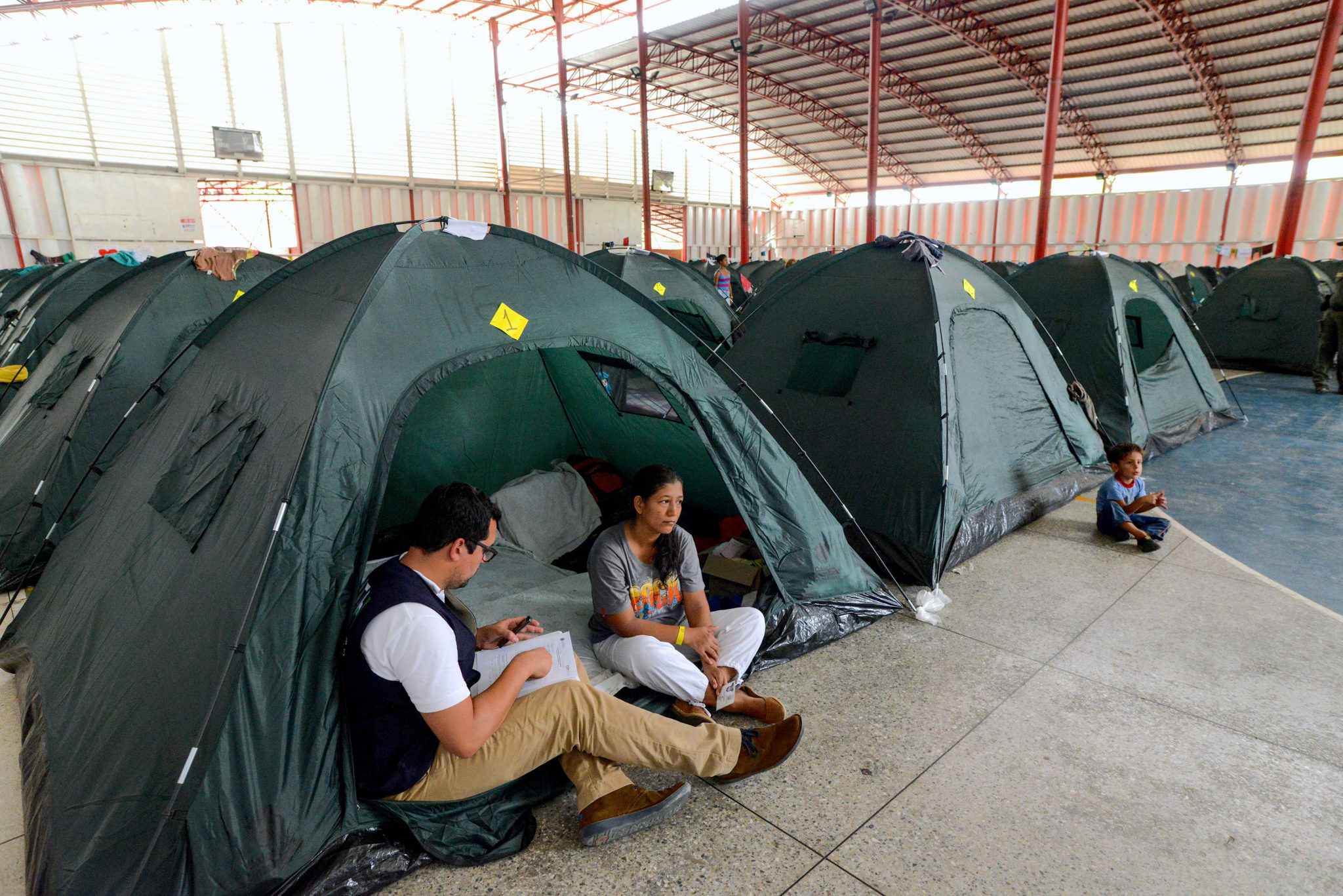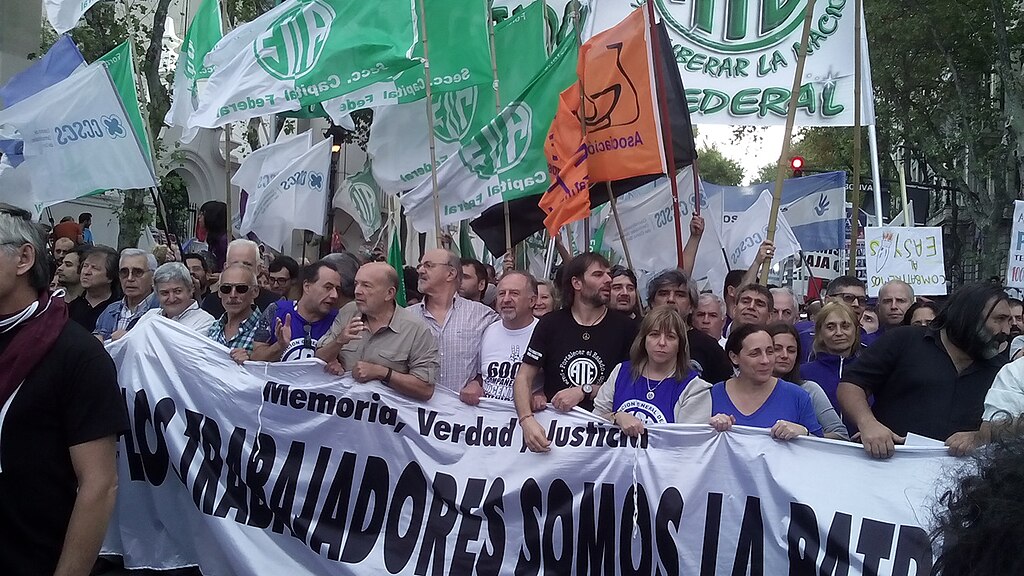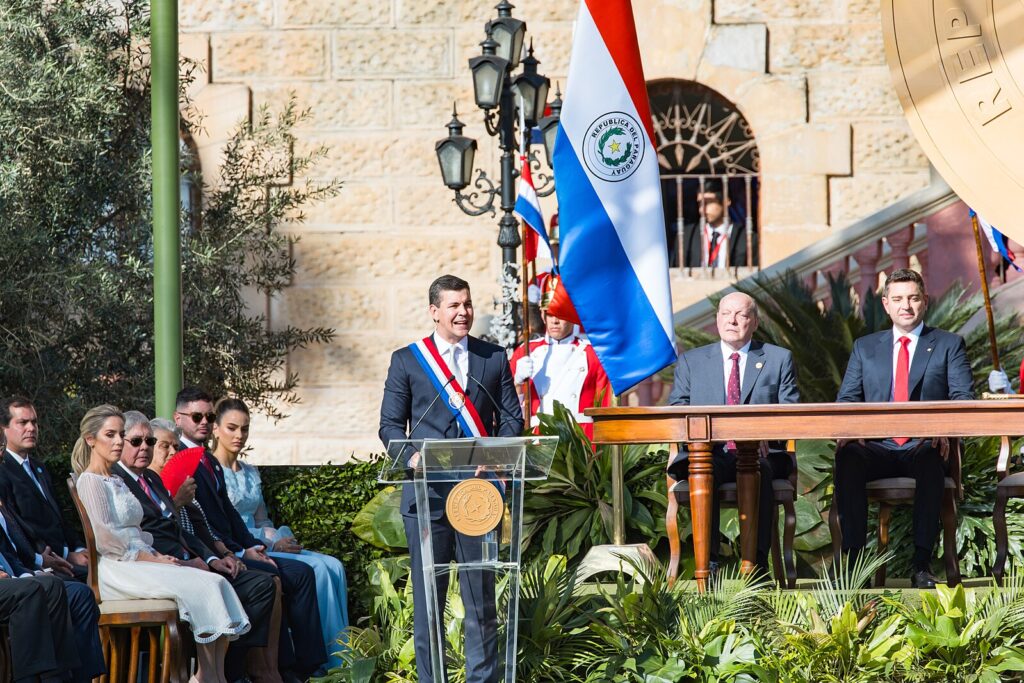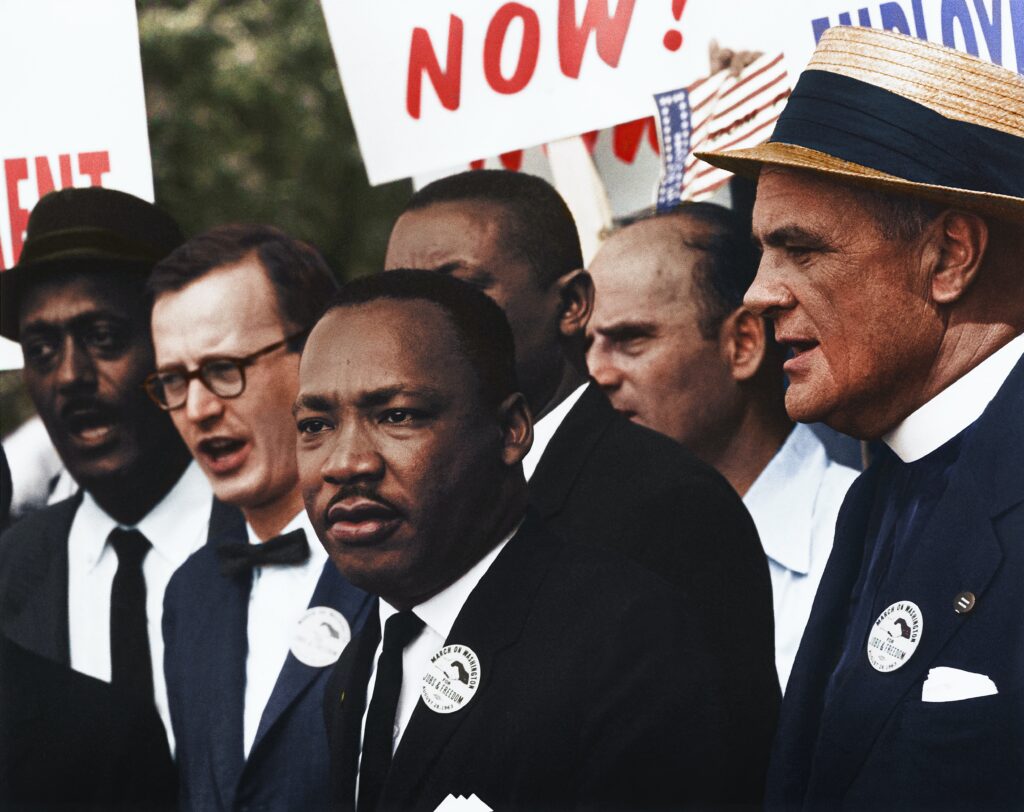On August 5, Colombian President Iván Duque signed a decree that will give Colombian nationality to children born to Venezuelan parents in Colombia.
The new measure, called Primero la Niñez (Childhood First), will apply to around 24 thousand children who have been born in Colombia since August 2015, and will remain in effect for two years or until the situation in Venezuela improves, according to a government communique.
Up until now, children born to Venezuelan parents were given a civil registration which in theory allows them to access the Colombian health system, but clearly states that they are “not eligible for citizenship.” While it is their right to Venezuelan nationality, it has been impossible to access in Colombia without taking the difficult and dangerous journey back to their home country. Venezuela cut off diplomatic ties with Colombia and shut down all Venezuelan embassies after Duque recognized Juan Guaidó as the country’s legitimate president, and without a consulate Venezuelan parents cannot apply for Colombian citizenship for their children.
“It pains us significantly that children of Venezuelan parents have been born in our country and have not been able to access nationality, because the [Venezuelan] dictatorship has impeded this path or, simply stopped providing embassy services,” President Duque said at the signing ceremony on Monday.
Read More: Guaidó’s progress stagnates after six months despite international support
Compared with other countries in Latin America, Colombia has the largest influx of Venezuelan migrants, but the issue of “stateless children” has not arisen in other countries such as Peru or Chile. This is because these countries automatically provide Peruvian or Chilean citizenship if the child is born there, regardless of their parents’ home country or migratory state.
Several international accords, including the United Nations Convention relating to the Status of Stateless Persons, require Colombia to do the same, and according to AP News, the country has been under pressure from civil rights groups to adhere to these international laws.
The UN High Commission for Refugees praised the Colombian government’s decision to give these children Colombian citizenship and according to Al Jazeera, Colombia received US$950,000 from UN agencies to help with the influx of Venezuelan migrants.
In June, the UN reported that over four million Venezuelans had fled their home country, with 1.3 million in neighboring Colombia, putting a strain on the country’s institutions.











